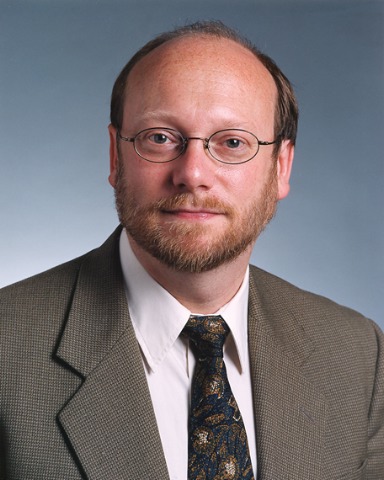Training the Next Generation of Rheumatologists
 Michael Pillinger, MD, associate professor of rheumatology and director of the Rheumatology Fellowship Program at NYU Langone Medical Center, was presented with the 2013 Distinguished Fellowship Program Director Award by the American College of Rheumatology (ACR). Dr. Pillinger is a recipient of several Rheumatology Research Foundation Education and Training Awards, guiding the careers of rheumatologists for more than a decade.
Michael Pillinger, MD, associate professor of rheumatology and director of the Rheumatology Fellowship Program at NYU Langone Medical Center, was presented with the 2013 Distinguished Fellowship Program Director Award by the American College of Rheumatology (ACR). Dr. Pillinger is a recipient of several Rheumatology Research Foundation Education and Training Awards, guiding the careers of rheumatologists for more than a decade.
How does the Rheumatology Research Foundation support workforce development?
“The commitment of the organization is in the stratosphere,” says Dr. Pillinger. The Foundation provides many awards focused on education and training, including two fellowship awards: the Amgen Fellowship Training Award and the Paula de Merieux Fellowship Training Award. These awards support the training of a promising rheumatology fellow in order to ensure a more robust and highly-trained workforce is available to treat people with rheumatic diseases. The Paula de Merieux Fellowship Training Award is specifically intended to provide support to an underrepresented minority or female fellow to encourage a diverse rheumatology workforce.
What makes working with fellows so exciting?
“I really enjoy seeing those ‘a-ha’ moments in fellows when they make connections they haven’t seen before. Seeing people come into the program with enthusiasm that isn’t fully directed and trying to find where that enthusiasm belongs by presenting them with opportunities is personally and professionally satisfying,” said Dr. Pillinger.
What makes these training awards particularly important?
“The nature of fellowship funding can be all over the place,” says Dr. Pillinger. Resources to support fellows may come in a combination of discretionary funding from a department’s budget, grants from industry and in rare cases, philanthropy. He adds that the Paula de Merieux Fellowship Award is “quite a pat on the back saying you’re a diverse program,” encouraging other programs to be more inclusive. The Foundation’s direct investment in training allows program directors to make the case for additional support from their institution. “It has a lot of prestige,” says Dr. Pillinger, and indicates a program worthy of support.
How have these awards made an impact?
“The Foundation’s fellowship training awards helped establish a solution to a great need for more trainees in rheumatology,” says Dr. Pillinger. One of the reasons for this shortage was financial. Programs did not have the means to support fellows. The Foundation’s fellowship awards support programs that are functioning well but need support, incentivizing others to create more opportunity. “When you’re validated by the Foundation, medical schools and institutions wake up and take notice.””